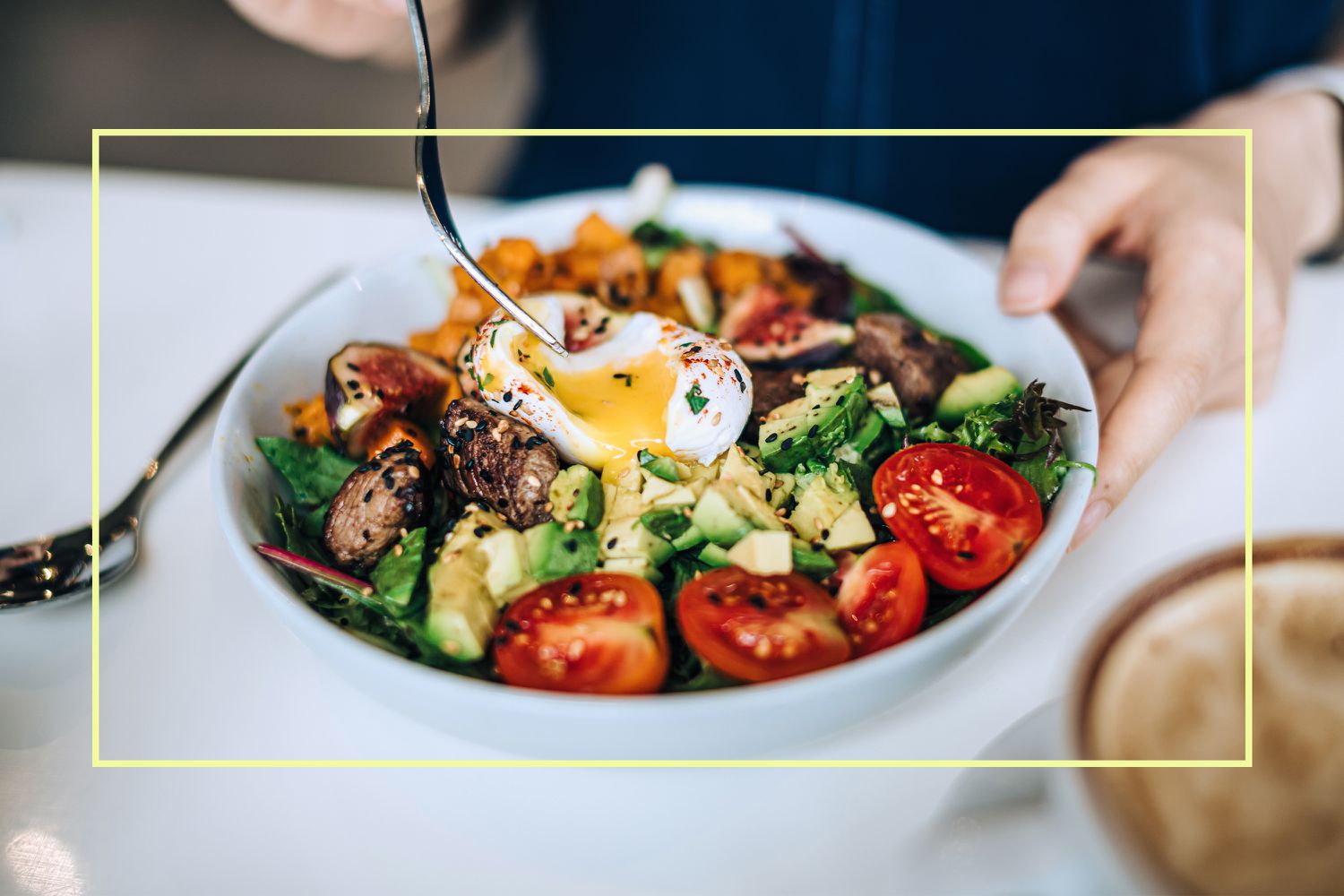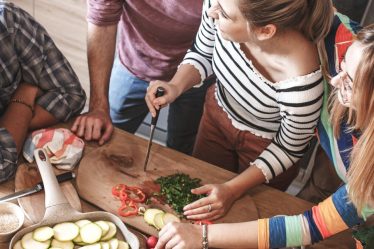
We often think of food in terms of taste, calories, or body goals. But there’s another dimension we’re just beginning to understand — how food affects our mind.
In 2025, conversations about food and mental health are finally merging. People are not just asking “What’s healthy?” but also, “What makes me feel mentally better?” Because what you put on your plate could influence your mood, memory, and even your anxiety levels.
1. Your Gut Is Your Second Brain
Here’s a science-backed truth: your brain and gut are directly connected via the gut-brain axis. This means what you eat can influence neurotransmitters like serotonin — 90% of which is produced in your gut.
Tip: Prioritize foods that support gut health, such as yogurt, kimchi, kefir, sauerkraut, and fiber-rich vegetables. These boost good bacteria that help regulate mood and digestion.
2. Sugar, Caffeine, and the Crash Cycle
Ever feel anxious or irritable after a sugar rush or too many coffees? That’s not your imagination. High-sugar or high-caffeine diets can lead to energy spikes followed by emotional crashes.
Tip: Switch to complex carbs like oats or quinoa for stable energy. Replace one sugary drink a day with herbal tea or fruit-infused water to reduce jitteriness and improve hydration.
3. Mood-Boosting Superfoods
Certain foods are scientifically linked to emotional well-being. Omega-3 fatty acids found in salmon, walnuts, and chia seeds can help with anxiety and depression. Dark leafy greens like spinach and kale support brain function, while berries are packed with antioxidants that fight mental fatigue.
Tip: Try a “mood bowl” — a meal filled with leafy greens, healthy fats, whole grains, and colorful veggies — once a day to fuel your mind and body.
4. Emotional Eating: Coping or Nurturing?
We all reach for snacks when we’re stressed. The key is to recognize the difference between comfort eating and mindful nourishment.
Tip: Next time you’re craving something out of stress, pause and ask: “Am I hungry, or just overwhelmed?” Try soothing yourself in non-food ways too — a walk, a warm shower, or a favorite playlist.
5. Cook as a Mental Health Ritual
Cooking isn’t just about food — it’s about slowing down, creating, and caring for yourself. Studies show that cooking at home can reduce anxiety and increase self-esteem.
Tip: Make one homemade meal a week a ritual. Play music, set the table, and turn off distractions. It’s not just what you eat — it’s how you experience it.
Final Thought: Nourish to Flourish
Food isn’t just fuel — it’s a language your body and brain understand deeply. You don’t need a strict diet or trendy cleanse to feel better. Just start making mindful swaps, listening to your body, and choosing ingredients that feed your mind as well as your stomach.
Because when you eat better, you don’t just look better — you live better.


